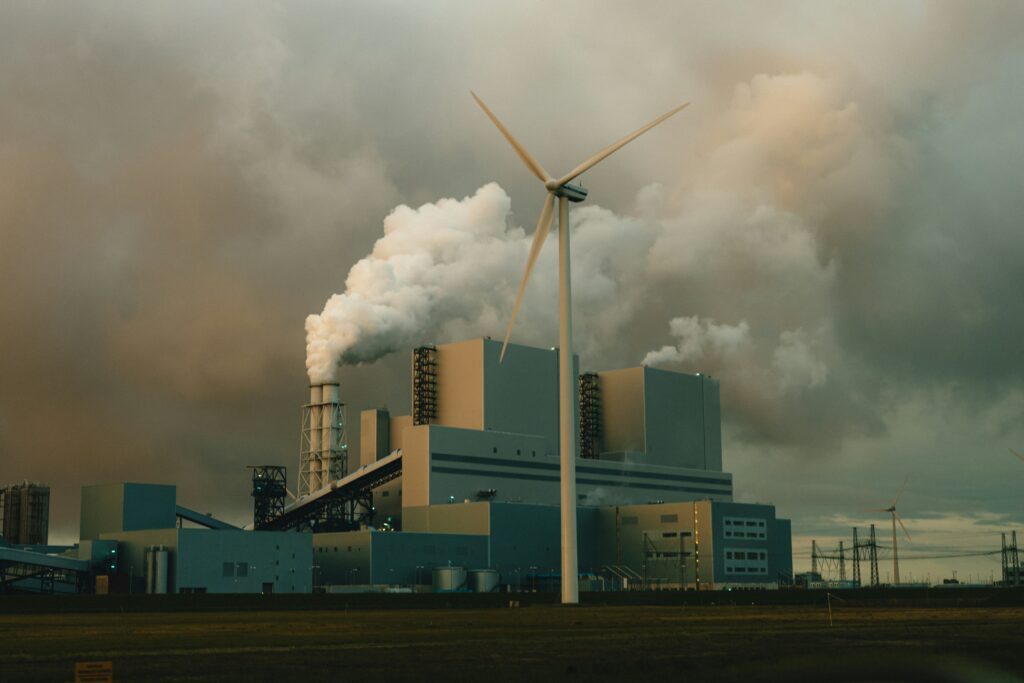Despite slow overall growth in the Latin American energy transition, Brazil and Chile have emerged as leading performers.
As the world boosts efforts to limit global warming to 1.5°C, the energy landscape displays significant regional disparities.
The World Economic Forum’s 2024 Fostering Effective Energy Transition Report, developed in collaboration with Accenture, explains these discrepancies and the pivotal role of emerging economies in the global shift toward renewable energy. The report states that the top 10 performing countries in energy transition account for only a small fraction of global energy-related CO2 emissions and energy supply.
Meanwhile, energy-related emissions contribute to over 80% of total global emissions, making the decarbonization of industries and the resilience of clean energy supplies critical to combating climate change.
Brazil and Chile: Regional Leaders
Brazil and Chile have made notable strides in the Latin American energy transition.
Brazil’s commitment to hydropower and biofuels, combined with its solar and wind potential, has significantly increased its renewable energy capacity. Currently, nearly half of Brazil’s energy consumption comes from renewable sources. As the G20 leader, Brazil emphasizes a fair and inclusive energy transition, prioritizing social safety nets and workforce re-skilling through initiatives like the Industrial Deep Decarbonization Initiative.
Chile, generating 35% of its energy from solar and wind, showcases substantial infrastructure development and a robust renewable energy industry. The government’s ambitious goal of achieving 70% renewable energy consumption and carbon neutrality by 2050, supported by enduring political backing and active engagement from established companies, further solidifies Chile’s position as a regional leader.
Challenges and Opportunities in Latin America
Despite the progress of Brazil and Chile, the 2024 report revealed that Latin America and the Caribbean have experienced the slowest growth in energy transition over the past decade, says Valor Economico. The region’s aggregate Energy Transition Index (ETI) scores have increased by only 3%, with significant reliance on hydropower and recent expansions in solar and wind capacity contributing to sustainability. However, these gains are offset by a surprising 70% decline in renewable energy investment over the same period.
Countries like Costa Rica and Paraguay lead in sustainability, while Colombia also ranks among the strong performers globally. Nonetheless, rising gas and electricity prices have impacted equity, slowing momentum in the region. Addressing infrastructure challenges, such as expanding and connecting grids to support renewable energy development, storage, distribution, and transmission, is crucial for advancing the energy transition in Latin America and the Caribbean.
Global Energy Transition Landscape
Globally, the pace of energy transition has slowed, with balancing equity, security, and sustainability remaining a challenge. Achieving global energy targets requires tailored international support, significant financing for emerging and developing economies, and forward-thinking policies to foster conducive investment conditions, says WEF.
In 2023, global clean energy infrastructure investments rose to $1.8 trillion, with 84% occurring in advanced economies and China. This disparity highlights the need for increased investments in developing nations. Technological innovation, including generative AI, presents significant opportunities for the energy sector by enhancing productivity, returns, and accessibility. However, managing the increased electricity demand from these technologies through efficient AI models and clean energy sources is essential.
Brazil and Chile’s efforts provide valuable lessons and inspiration for neighboring countries. Transforming energy production and consumption requires decisive action, collaboration, and support for local economies. This is key to accelerating the journey toward an equitable, secure, and sustainable energy future.














